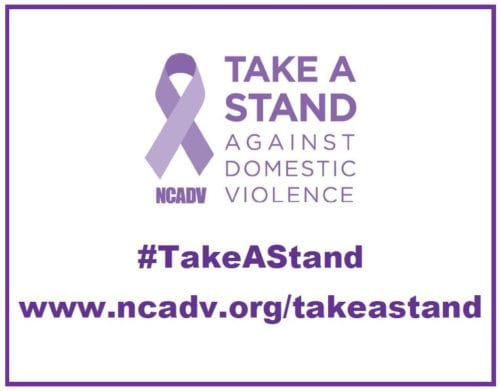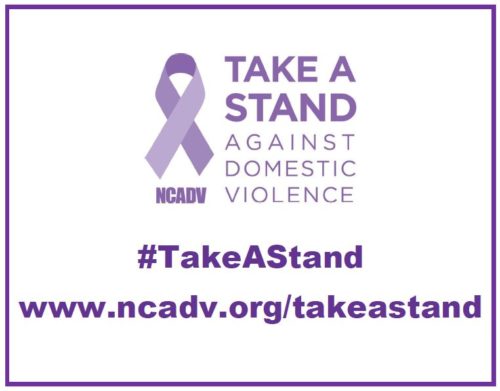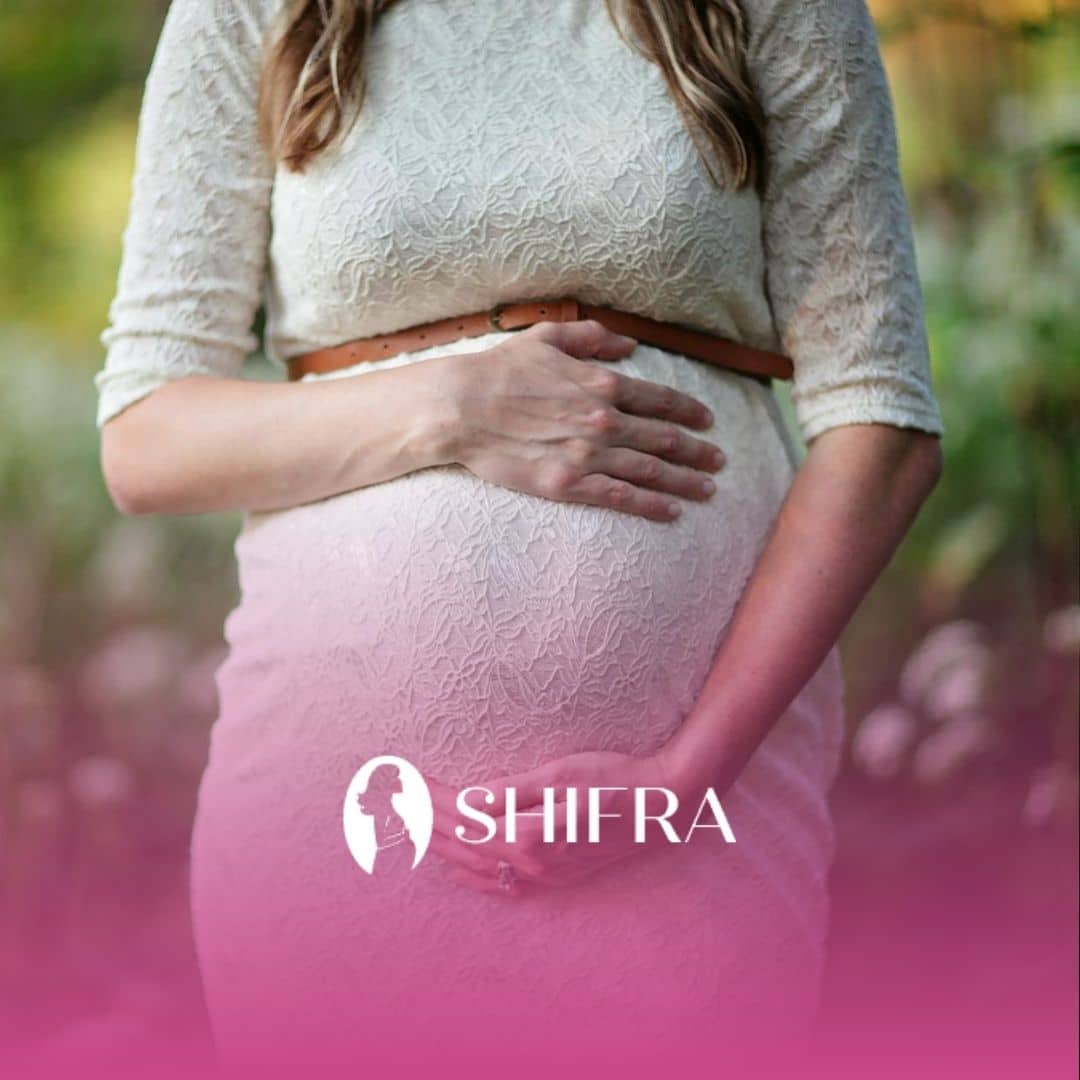*If you are in immediate danger in an abusive relationship, call 911.*
October is Domestic Violence Awareness Month, so let’s talk about domestic violence against pregnant women. While In Shifra’s Arms helps women with any type of unplanned or crisis pregnancy, a significant number of the women who call In Shifra’s Arms are in abusive situations — though they may not realize that. In Shifra’s Arms is well suited to be a resource for pregnant women getting out of abusive relationships – and we always work together in partnership with domestic violence organizations.
What is domestic violence?
“Domestic violence, also called intimate partner violence (IPV), domestic abuse or relationship abuse) is a pattern of behaviors used by one partner to maintain power and control over another partner in an intimate relationship,” according to The National Domestic Violence Hotline.
1 in 3 women and 1 in 4 men in the U.S. will experience [some form of] physical violence by an intimate partner within their lifetime, according to the National Coalition Against Domestic Violence (NCADV).
What is reproductive coercion?
There are many forms of abuse, including physical, emotional and financial abuse. Reproductive coercion is another type of abuse, where one partner strips the other of the ability to control their own reproductive system.
Examples of reproductive coercion include:
- Refusing to use any form of birth control, potentially leading to unplanned pregnancies
- Ignoring a woman’s feelings on whether to have a child or not
- Forcing a woman to get pregnant
- Pressuring a woman to abort her baby
- Threatening violence
- Physical abuse directed toward the belly, endangering the baby
- Continually keeping a woman pregnant
An estimated 1 in 6 pregnant women experience some form of domestic violence. Pregnancy may cause a partner to become abusive for the first time, or may increase the frequency of preexisting abuse.
How can In Shifra’s Arms support pregnant women in abusive relationships?
Escaping an abusive relationship can be difficult for many reasons, one of which may be finding a safe place to admit what’s going on and to seek solutions. If you or someone you know is suffering abuse during pregnancy, In Shifra’s Arms is just that: a safe place to learn about steps you can take to protect yourself and your baby.
Our counselors have extensive experience in both crisis counseling in general and abuse in particular. In Shifra’s Arms can provide:
- Crisis counseling
- Emotional support
- Targeted financial assistance for pregnancy/baby-related needs
- Connection to local domestic violence or legal resources
To find out how we can help you or your loved one, please call 1-888-360-5872 or text 646-632-8547











